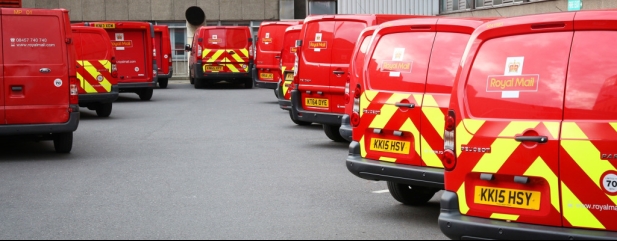Archived article
Please note that tax, investment, pension and ISA rules can change and the information and any views contained in this article may now be inaccurate.
Could the Royal Mail final dividend be decided in Westminster?

AJ Bell is an easy to use, award-winning platform Open an account
We've accounts to suit every investing need, and free guides and special offers to help you get the most from them.
You can get a few handy suggestions, or even get our experts to do the hard work for you – by picking one of our simple investment ideas.
All the resources you need to choose your shares, from market data to the latest investment news and analysis.
Funds offer an easier way to build your portfolio – we’ve got everything you need to choose the right one.
Starting to save for a pension, approaching retirement, or after an explainer on pension jargon? We can help.
Please note that tax, investment, pension and ISA rules can change and the information and any views contained in this article may now be inaccurate.

Royal Mail continues to be disrupted by strike action amid an escalating dispute over work, pay and conditions. With no end to the dispute in sight, it is possible that the parent company’s dividend could become a political issue.
The firm, which is owned by International Distributions Services (IDS), last month blamed strikes and falling parcel volumes as it swung to a loss of £127 million for the half-year to September against a profit of £315 million last year.
It also pulled its interim dividend and said a decision on the final dividend would have to wait until May next year, although it warned operating losses could be as high as £450 million.
Royal Mail, like other former government-owned institutions such as BT (BT.A) and British Gas, now part of Centrica (CNA), occupies an awkward space between the public and private sectors.
All three provide a public service but are for-profit organisations with obligations to shareholders which arguably trump their duties to their employees.
In 2021, after parcel volumes soared during the pandemic, Royal Mail paid shareholders £400 million through a special dividend and stock buyback last year, yet its improved staff pay offer has been branded ‘derisory’ by the unions.
To avoid further public embarrassment and pressure from government, there is a chance that International Distributions Services might feel it has no choice but to continuing pausing the dividend until it can appease workers and get operations back on track.
These articles are provided by Shares magazine which is published by AJ Bell Media, a part of AJ Bell. Shares is not written by AJ Bell.
Shares is provided for your general information and use and is not a personal recommendation to invest. It is not intended to be relied upon by you in making or not making any investment decisions. The investments referred to in these articles will not be suitable for all investors. If in doubt please seek appropriate independent financial advice.
Investors acting on the information in these articles do so at their own risk and AJ Bell Media and its staff do not accept liability for losses suffered by investors as a result of their investment decisions.
The value of your investments can go down as well as up and you may get back less than you originally invested. We don't offer advice, so it's important you understand the risks, if you're unsure please consult a suitably qualified financial adviser. Tax treatment depends on your individual circumstances and rules may change. Past performance is not a guide to future performance and some investments need to be held for the long term.
 magazine
magazine